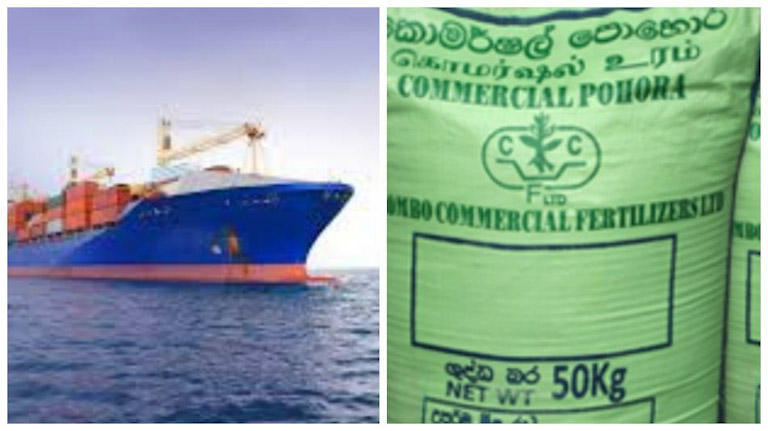Srilanka: MONLAR backs government decision to ban import of chemical fertilizers

In a letter addressed to the President of Sri Lanka, the Movement for Land and Agricultural Reform (MONLAR) has supported the government decision to ban the import of all agrochemicals with immediate effect. As reported by the Daily Mirror, according to the Ministry of Agriculture, the excessive use of chemical fertilizer has led to blue childbirths while medical surveys reveal that 30 blind childbirths reported per month in Sri Lanka. The number of Kidney and Cancer patients is on the increase. The Agriculture Ministry said it would convert the State-owned Ceylon Fertiliser Company Ltd. into an institution that would produce, supply, and distribute organic fertilizer in association with local government institutions. Minister of Agriculture Mahindananda Aluthgamage said the Government would take action to increase the use of organic fertilizer for the cultivation of paddy and other crops up to 30% within 03 years of period. Accordingly, private companies that come forward in manufacturing organic fertilizer will be provided tax concessions, technology and technical expertise, lands and raw materials.
Here is an excerpt from the letter from MONLAR, which lauds the government for the decision and also provides concrete suggestions to ensure proper implementation of this decision as well as in addressing concerns among farmers;
Movement for Land and Agricultural Reform has been promoting environmentally friendly agricultural practices for the past 30 years and we have a wealth of theoretical and practical knowledge about it. We wish to inform you that this knowledge is the basis of this note.
The use of agrochemicals has had disastrous consequences in the past decades. The widespread use of these chemicals has contaminated the soil and the water, which has directly led to the increase in cancers and kidney diseases. Not only have this negatively affected public health; but the overuse of agrochemicals has also undermined food sovereignty, unraveled the ecological balance, and had led to the extinction of many animal and plant species. Since almost all agricultural inputs, used by Sri Lankan farmers are imported, it has allowed certain companies to build oligopolies. Currently agriculture amounts to about 7% of the GDP but about 26% of the workforce are involved in agriculture. Often these workers are poor and receive government welfare assistance, most of them are malnourished and trapped by microcredit companies to be eternally in debt.
Movement for Land and Agricultural Reform believes that promoting environmentally friendly agricultural practices can be a solution to all these problems. Given this, we would like to make several proposals that will help realize your vision of making Sri Lanka the first nation to succeed without the use of agrochemicals.
- Making this political/ policy decision a reality at the grassroots
- Presenting a solution to practical challenges that might come up
- Drawing lessons from local and international experiences
The previous government also took a decision to promote organic agriculture in 2016. Unfortunately, that initiative failed completely by 2018 and Strategic Enterprise Management Agency (SEMA), which was entrusted with implementing the program, was also closed. When the current administration decided to ban the import of agrochemicals from 2021 – 2022 Maha season, several groups, including farmers, have become worried. Given this context, several things need to be considered to ensure that commendable initiative does not meet a similar fate as the program initiated in 2016.
